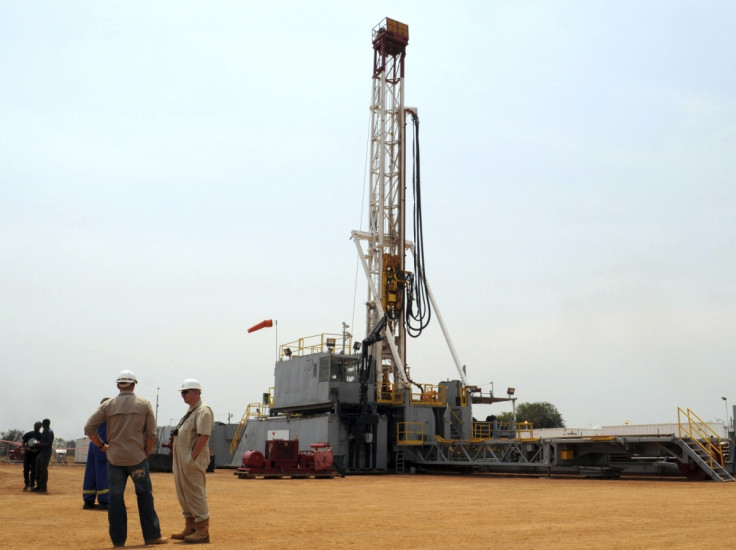UAE's Dragon Oil to invest in $10bn pipeline from Turkmenistan to India

Dubai-based oil and gas company, Dragon Oil is in talks to invest in a pipeline that would deliver natural gas from Turkmenistan to India. The pipeline project has received a potential boost after many western oil companies failed to secure a role.
Faisal Rabee Al Awadhi, general manager for Dragon Oil in Turkmenistan, said that his company's discussions with regards to the Tapi project, which could cost $10bn (£6.6bn, €9.4bn), had been ongoing for a long time. "But now it's very serious, things have been signed between the countries. That's why we have shown our interest to go in."
Currently, Turkmenistan's state company, Turkmengas, which has been named the project leader owns 85% stake in the project. Afghanistan, Pakistan and India own 5% each, according to the deal initialled in October.
The project that has been under discussion since the 1990s will start seeking financing in 2016. Turkmengas could sell up to 34% stake in exchange for the investment, according to The Financial Times. Al Awadhi said that the size of the potential stake had not yet been determined.
The deal could also include investments from companies based in Japan and Korea.
Turkmenistan's main source of revenue has been oil and gas exports, which constitute 90% of the country's export revenues. This revenue inflow has, however, reduced in recent years, following a plummet in oil prices and slowing demand from China, its main customer. This has forced its government to seek new customers for its natural gas, the reason why this project is gathering pace.
The project has also been delayed because it involves building the pipeline across war-torn Afghanistan. Last week, Turkmen officials said that construction of this project would begin in December.
However, the Tapi project has failed to attract a private-sector partner. Total, ExxonMobil and Chevron did not participate because of two reasons, namely, declining oil prices and Turkmenistan's insistence on retaining rights to its onshore gas reserves, which is the fourth largest in the world.
Many such as Daniel Rosenblum, US deputy assistant secretary of state for central Asia remain sceptical about the pipeline even being built. Rosenblum warned that the project may struggle due to the lack of a private sector partner in the project.
© Copyright IBTimes 2025. All rights reserved.



















